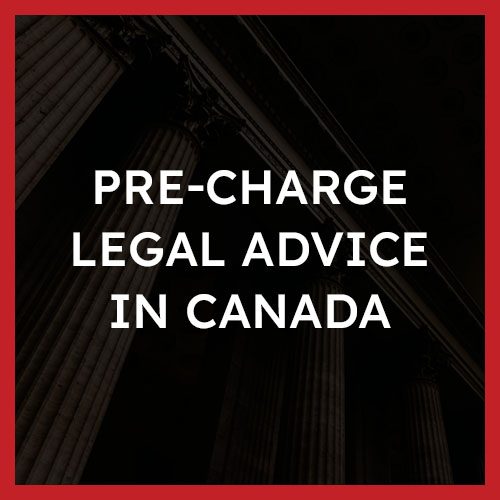What are my rights when I am interacting with the police?
In Canada, we have a number of constitutionally enshrined rights that protect us during our interactions with the police. It is important that you understand these rights, not only so that you can protect yourself, but also so that you know when you have to comply with the police’s demands.
The Right to Remain Silent
When interacting with the police, one of your most important rights is the right to remain silent. Your right to silence protects you from having to make self-incriminating statements to the police, particularly after you have been arrested or detained, and before you have had an opportunity to exercise your right to counsel. However, your right to remain silent does not allow you to escape your responsibility to respond to the police when they are asking you a question that is within the scope of their lawful duties. For example, you are not allowed to refuse to identify yourself when you are stopped while driving or for committing a ticketable offence.
The Right To Be Promptly Informed Of The Reason For Your Arrest, And The Right To Retain And Instruct Counsel Upon Arrest
Upon being arrested, you have the right to be immediately informed of the reason for your arrest in clear and simple language. The purpose of this right is to allow you to make an informed decision as to whether you should submit to your arrest, and so that you can properly exercise your constitutionally guaranteed right to contact counsel upon arrest.
Upon being arrested for a criminal offence, you have a right to contact a lawyer without delay. This right has two components, an informational component and an implementation component. The informational component is fulfilled when the police tell you that you have the right to contact a lawyer to seek advice regarding the reasons for your arrest. The implementation component is fulfilled when the police actually provide you with the means to contact a lawyer. Specifically, as soon as it becomes possible, the police must provide you with a functioning phone, as well as a phone book and the numbers for free legal services so that you can get in touch with a lawyer of your choice.
The right to be informed of your arrest and the right to counsel are highly connected and heavily protected. If the police fail to inform you of the reasons for your arrest and you are unaware of your full legal jeopardy, you will not be able to properly exercise your right to counsel and seek advice that is relevant to your specific circumstances. For example, the police will breach your rights to be informed of the reasons for your arrest if they tell you that you are being arrested for a hit and run but fail to tell you that a person died as a result of the collision.
Your Rights When You Are Being Detained
You have been detained when a police officer or some other state agent physically or psychologically takes away your freedom simply to leave their presence. That is, you will be detained when the police either require you to follow a demand that restricts your freedom, or when the police act in such a way that a reasonable person in your situation would believe that they were not free to walk away. For example, if you are walking down the street and the police order you to stop or physically stop you from walking, you have been detained.
The police are authorized to detain you when they have a reason to suspect that you have committed a crime or are connected to a crime. While you are being detained, the police will likely ask you questions and examine your immediate surroundings to confirm or disconfirm their suspicion that you are connected to a crime.
Being detained it is not the same thing as being arrested since the police do not yet have reasonable grounds to justify your arrest and actually charge you with a crime. However, it is often at the detention stage that the police will gather the evidence that they need to arrest you. It is for this reason that, when you are being detained, you have the same rights as someone who has been arrested. In particular, the police must inform you that you are being detained and why. In many circumstances they must also inform you that you have a right to call a lawyer of your choice or a free lawyer if you cannot afford one.
While the police can detain you when they reasonably suspect you are connected to a crime, you have a right not to be detained arbitrarily. This means that the police are not permitted to question you simply to “ferret out criminal activity” or to determine if you are “up to no good.” A detention is lawful only if the police have reasonable grounds for it.
About The Author
Ask A Question
We endeavor to respond to questions within 24 hours. If your matter is urgent, please call our office or submit a request for a free consultation.






